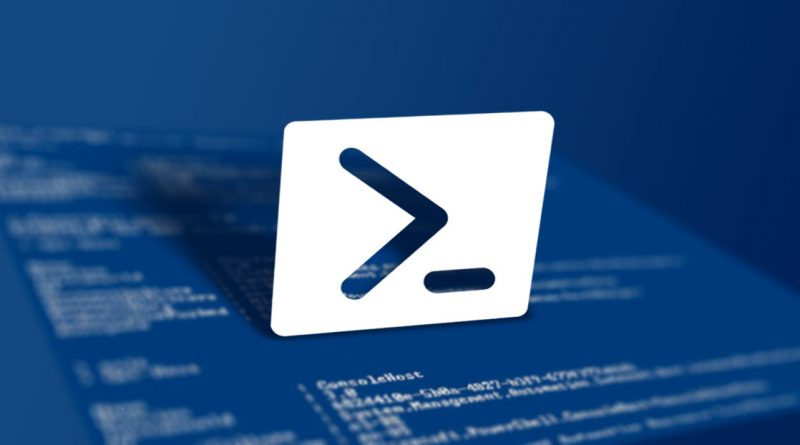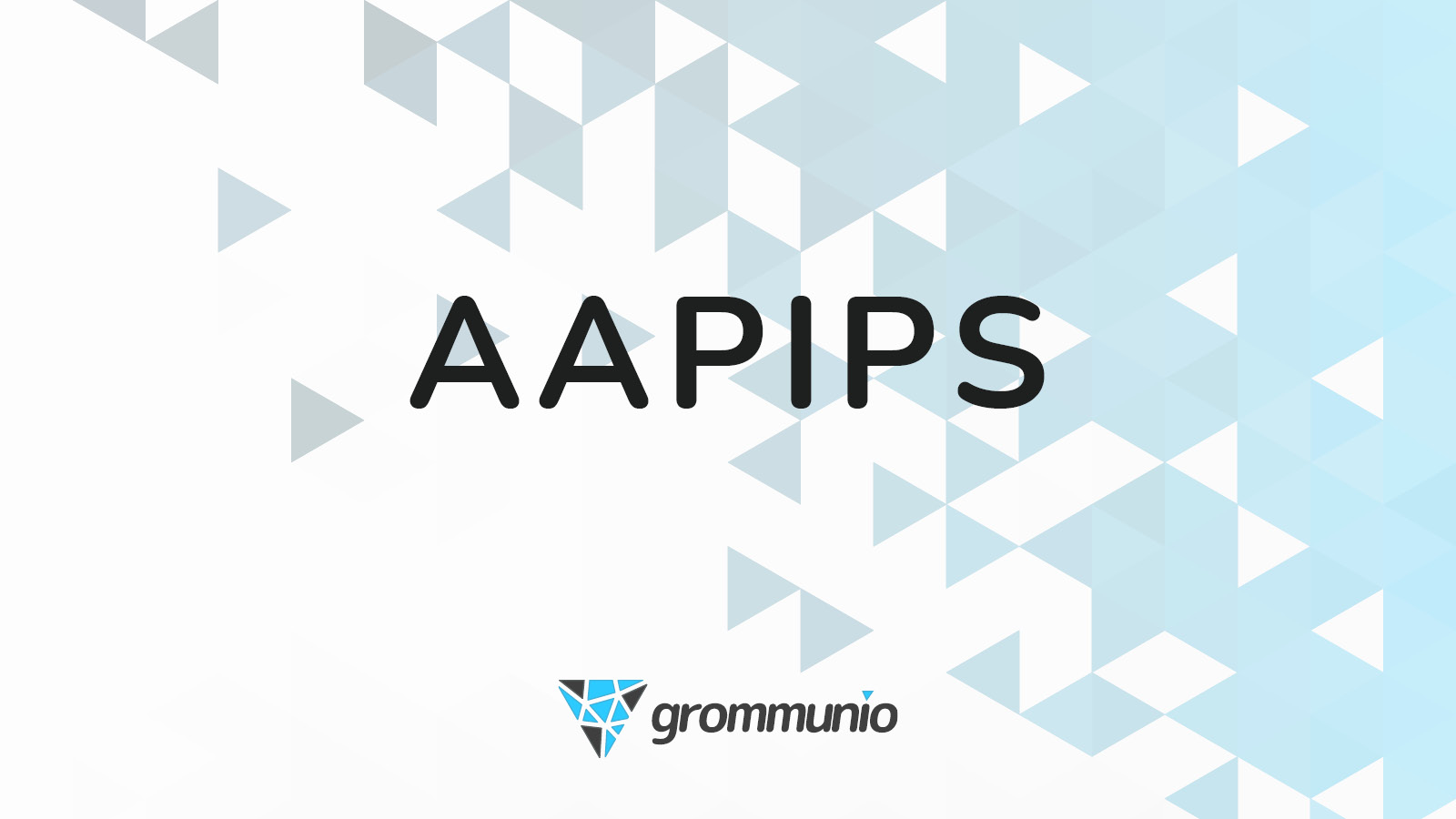The latest release of grommunio 2022.12.1 provides a completely new Powershell interface that makes life easier for administrators.
The Powershell admin interface “Admin API for Powershell” AAPIPS gives Microsoft administrators direct, interactive access to the long list of features of the grommunio Admin API – covering all system-related tasks and complete server administration.
grommunio’s Admin API for PowerShell integrates with any PowerShell-based administration framework and works as an interface to the REST-based grommunio Admin API to manage complete grommunio installations via PowerShell – Microsoft’s task automation and configuration management program for administrators.
AAPIPS is fully documented, see the source code here: https://github.com/grommunio/aapi-powershell.

AAPIPS Features
AAPIPS not only enables easy management of grommunio servers for experienced Microsoft administrators, it also comes with concise interface descriptions, allows simple and complex management tasks with grommunio, using the strength of PowerShell.
In addition, AAPIPS provides full compliance with the grommunio Admin API with standardized calls and has no dependencies. AAPIPS is designed for standalone scenarios and requires only Powershell 6.2 or higher to run.
grommunio AAPIPS can be installed manually and will soon be available as install-ready module from the PowerShell Gallery.
About the grommunio Admin API
Under the surface of AAPIPS is the central API component of grommunio: The Admin API, which enables efficient management of your appliance(s), domain(s), user(s) and more – up to the orchestration of all components and architectures, for the operation and management of the entire grommunio stack. The REST API is based on OpenAPI 3.0, comes with an interactive CLI (and web-based access via grommunio Admin Web).
With this API, admins can manage grommunio components, users, groups and mailing lists, LDAP-backends, fetchmail accounts, public folders, roles and tenants, domains and much much more: The API also delivers real time access to logs, connection data, status, mobile devices and supports load balancers as haproxy, apisix, KEMP and others.
All new features and updates can be found in the Release Notes 2022.12.1.

